The large variety of excavators and related equipment can make it difficult to choose the right equipment for the task. This guide will help you learn how to select an excavator that meets the specific requirements of your workplace.
After determining the type of work it is important to ensure that the design of the excavators is suitable for your specific construction site needs. Adapt your excavator to your work requirements and the work to be done on site yourself. Consider the work your excavators need to do before you make your choice.
Digging depth is another important specification that you should check when looking at excavator models. The depth of excavation is tied to the size of the excavator with smaller excavators enough to dig small holes for landscaping and other light applications, while larger excavators can dig deeper holes for a variety of applications.
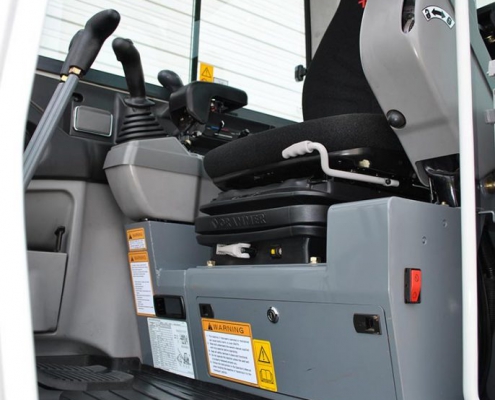 Mini excavators are ideal for work that takes place in confined spaces. On the other hand, long-distance excavators do a good job on the horizontal level, including graduated work that requires a greater range.
Mini excavators are ideal for work that takes place in confined spaces. On the other hand, long-distance excavators do a good job on the horizontal level, including graduated work that requires a greater range.
Due to their size, mini excavators require other means of transport than compact excavators. The size and weight of these machines require a larger truck / trailer combination compared to a compact excavator.
Buying an excavator that is too small can lead to performance problems, as compact excavators cannot provide the power and depth required for work that requires larger excavators. Simply put, getting a small and underpowered excavation for a job can save a bit of upfront costs, but it will take more time to get the job done than one with adequate skills. Remember that some manufacturers offer larger chassis that offer more stability and lifting capacity, use larger buckets than conventional excavators and have lower costs than buying a larger excavator.
In order to obtain the best return on investment it is best to adjust the size of your excavator to your upcoming work requirements, keeping an eye on your potential needs. The first step in choosing the right excavator is to consider your requirements and the performance standards you expect from such a machine. Your excavators need to get the job done, should be the top criterion for choosing the right excavator.
Be sure to do your research before you choose an excavator to learn about the different excavator sizes and other critical factors that will help you choose the excavator that best suits your needs. The formulation of the type and size of an excavator ideal for a particular task depends on the case. Assessing the performance standards of your construction site, the machine size and the tools required are just a few of the essential steps in selecting the right excavators for your work.
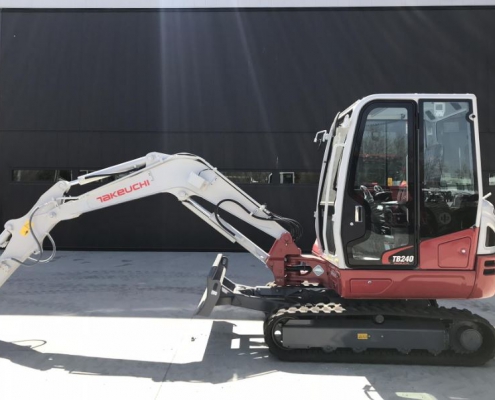 The most important criterion when selecting an excavator is to find a machine that will do the work within your parameters. How you proceed on your excavator site requires as much thought as the machine that does the work when you arrive.
The most important criterion when selecting an excavator is to find a machine that will do the work within your parameters. How you proceed on your excavator site requires as much thought as the machine that does the work when you arrive.
One of the most common construction equipment that companies need for new work is an excavator. If your work requires major demolition or truckloading, then you will need to invest in a large excavator and a large truck.
Given the myriad options available, choosing the right excavator can seem daunting to meet the needs of your specific job. Finding the perfect excavator for this task may require a little more time and patience, but it is worth the effort once you are on the construction site. We’ve put together a few key questions you need to answer to find the right excavation for your job.
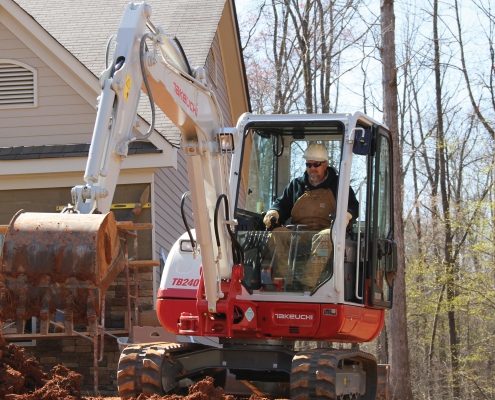 The size of your workstation determines the size of the excavator you need to hire. This includes the amount of work and space available to accommodate the excavator. When you do some work in the living area, like digging a pool in the backyard of a house, the maximum excavator you need is an 8 – Ton excavator.
The size of your workstation determines the size of the excavator you need to hire. This includes the amount of work and space available to accommodate the excavator. When you do some work in the living area, like digging a pool in the backyard of a house, the maximum excavator you need is an 8 – Ton excavator.
Mini excavators are ideal for indoor projects such as sewer repairs, the installation of water pipes and other projects that do not require the size and performance of a bigger machine. Mini and medium sized excavators can also be a good choice to work in smaller spaces that require more reach and performance than a mini excavator can provide.
Small excavators, also known as compact excavators or minis because of their small size, are among the most versatile types of excavators. Maneuverable, mobile and larger than any other tool, small excavators are the first choice for smaller construction sites with limited space requirements. Versatile excavators are used in any room for most types of work such as infrastructure construction, new housing and bridge construction.
They are perfect for projects where you don’t need a standard-size excavator, but still need machinery to help you get the job done faster than you could with existing work. Small excavators, also known as compact or mini excavators, are designed for use in hard-to-reach areas or for work that requires little power. Medium-sized excavators (midi excavators) represent the largest percentage of excavators used in a wide range of industries.
Minis, also known as compact excavators, can weigh up to 7 tonnes and are an excellent choice for smaller jobs in confined spaces, such as work that requires the ability to bypass buildings or work in areas with underground pipelines. Versatile excavators work in industrial workplaces for most types of work. Excavators up to 10 tonnes (4.5 tonnes) are versatile excavators that can be used in any room for most work.
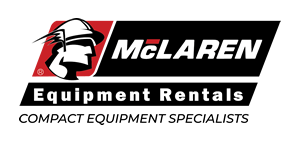
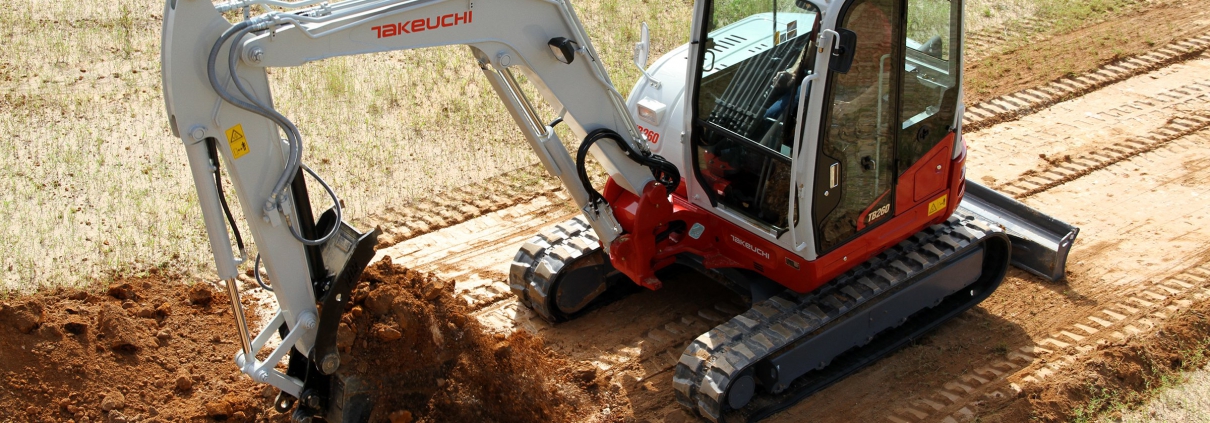 MacLaren Equipment Rentals
MacLaren Equipment Rentals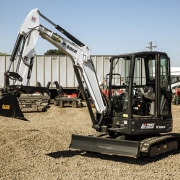
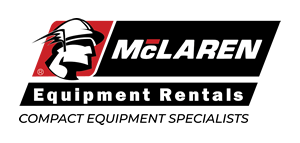


Leave a Reply
Want to join the discussion?Feel free to contribute!